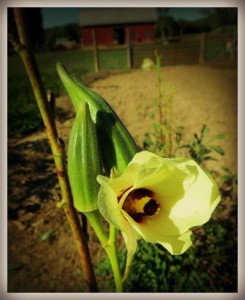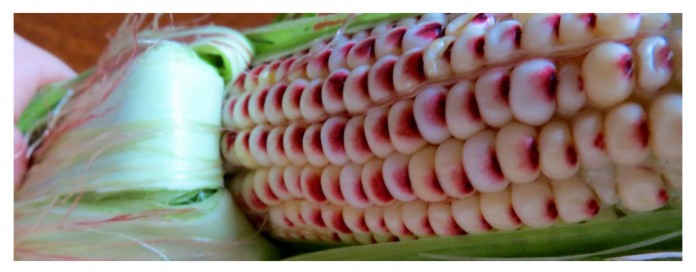Most people know organic gardening rejects synthetic fertilizers, pesticides and herbicides, but that’s not all there is to growing organic.
Organic gardeners plant organic seeds, support plant health using sustainable methods and employ eco-friendly techniques to control diseases, insects and weeds in the garden.
Organic seed
You may have noticed “OG” annotated next to some of the listings in your favorite seed catalog. OG designates seed as USDA certified organic. Certified organic seed is harvested from organic parent plants. Unlike non-organic seed, OG seed is free of synthetic residue. Although you can grow non-organic seed using organic methods, certified organic seed is required to grow a 100% organic garden.
Support plant health
Composting turns waste into food for plants. Applying compost adds organic matter to soil, replenishes soil nutrients, and promotes soil microbial life. Many organic gardeners use compost in place of artificial fertilizers.
Cover crops restore soil nutrients and insulate the ground after the growing season. They can be used to revitalize soil nitrogen after heavy feeding crops. Cover crops also protect valuable topsoil by preventing erosion and compaction. Tilling cover crops into the ground before spring planting improves soil structure.
Control plant diseases, insects and weeds

Organic gardeners can further enhance their crop rotation plan by rotating plants that fight diseases and pests in place of those affected. An example is planting sweet corn where last season’s tomatoes were located to hinder nematodes.
Companion planting puts two or more helper plants together to deter pests, attract pollinators, and support one another’s growth. Interplanting companions also saves space. Herbs with vegetables works very well; try chamomile with cabbage and chives with tomatoes.
Controlling weeds without chemicals is the most challenging part of organic gardening. Hand weeding is effective but time-consuming. Tools like hoes and rototillers can be used to control weeds, but working the soil too often damages soil structure. Black plastic kills established weeds and prevents new weeds from sprouting. Organic herbicides and pesticides target specific problems.
In my opinion, the best organic solution to weeds is to let go of the idea a garden must look pristine to produce. A garden need not be immaculate to provide a bounty of beautiful color, delicious fruits, vegetables and herbs for your table.















